Dare County now has 10 COVID-19 positive tests results; Additional updates for Tuesday
 In North Carolina, there are currently 3,221 cases of COVID-19 in 90 counties. There have been 46 fatalities in NC associated with COVID-19. Currently, the state is reporting 270 hospitalizations across the state from COVID-19 illness.
In North Carolina, there are currently 3,221 cases of COVID-19 in 90 counties. There have been 46 fatalities in NC associated with COVID-19. Currently, the state is reporting 270 hospitalizations across the state from COVID-19 illness.
As of today, a total of 10 individuals have tested positive for COVID-19 in Dare County. Three of the four new cases announced today are all associated with direct contact with the individual whose positive test result was announced on April 4. The other new case is an individual who also likely acquired the virus through direct contact when out of the area.
Of the 10 individuals who have tested positive for COVID-19 in Dare County, five have completely recovered, three are asymptomatic (meaning they have not experienced any COVID-19 symptoms), one is recovering in isolation and one remains hospitalized out of the county.
Now that community spread is likely in our community, you must act as if everyone you come in contact with has COVID-19 and has the ability to spread the virus. To protect yourself, your family, and our community, it is imperative that everyone in Dare County follows the Stay Home – Stay Healthy order (which aligns with Governor Cooper’s Stay at Home Executive Order). Restrict ALL non-essential movement. Only go out when absolutely necessary (for essential needs). Avoid direct contact, other than immediate family members. Practice good hygiene.
Recently, the CDC released an updated recommendation regarding the use of cloth face coverings to help slow the spread of COVID-19. The CDC recommends the use of simple cloth face coverings as a voluntary public health measure in public settings where other social distancing measures are difficult to maintain (e.g., grocery stores and pharmacies). Please understand that the use of face coverings alone is insufficient to provide an adequate level of protection, and other measures should also be utilized.
Rely on credible sources for accurate, updated information. Visit the CDC website at cdc.gov/coronavirus or NCDHHS at ncdhhs.gov/coronavirus. For information specific to Dare County, visit darenc.com/covid19.
Dare County
To help those impacted by COVID-19, a list of community resources and information on filing for unemployment, food support, emergency business loans, legal aid, and utility assistance is available at darenc.com/covidresources.
Given the likelihood that Dare County is experiencing community spread of COVID-19, Dare County Transportation System will transport passengers for medical trips only, effective Thursday, April 9.
For updated information regarding Dare County services and department operations, visit www.darenc.com/covidservices.
The Dare County COVID-19 Call Center is open Monday through Friday from 8:30 a.m. to 5 p.m. Staff is available to answer your questions at 252.475.5008.
The next bulletin will be issued no later than 1 p.m. on Wednesday, April 8.
###





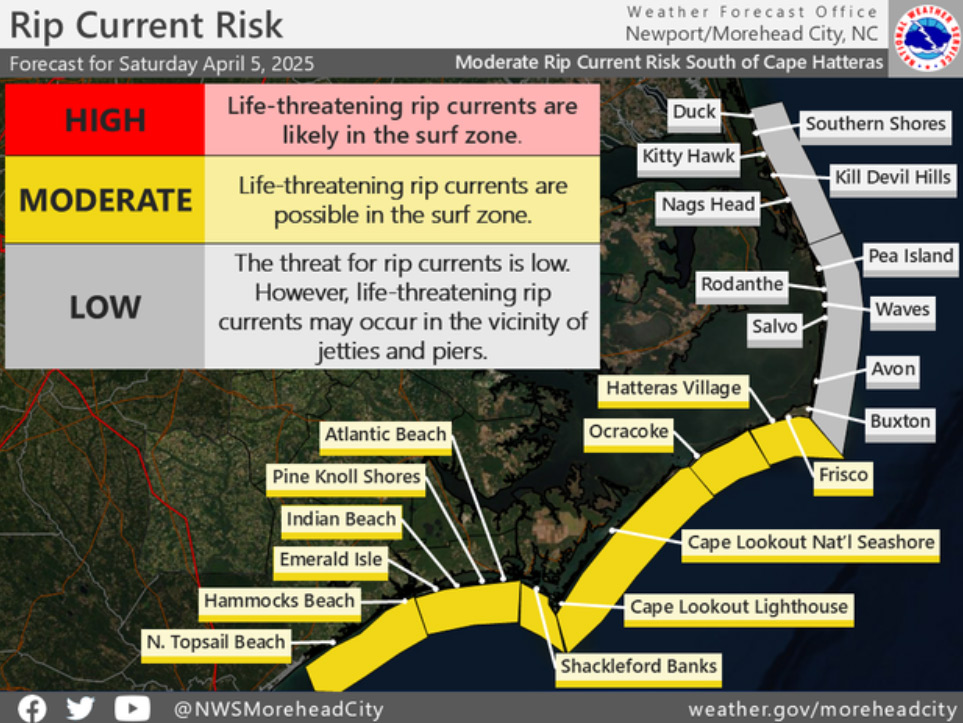
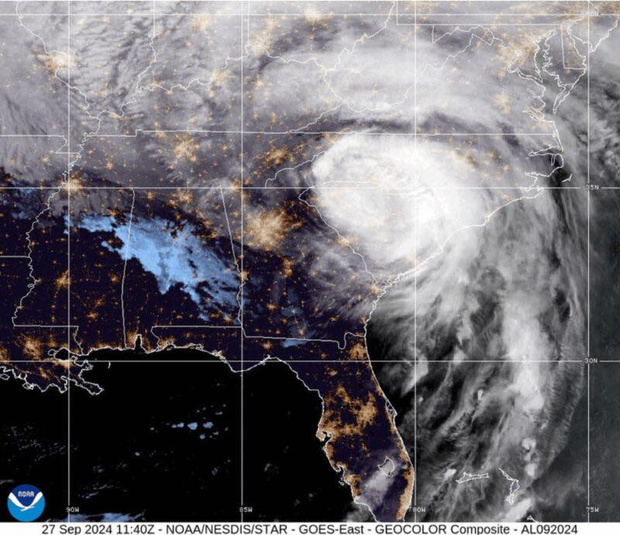


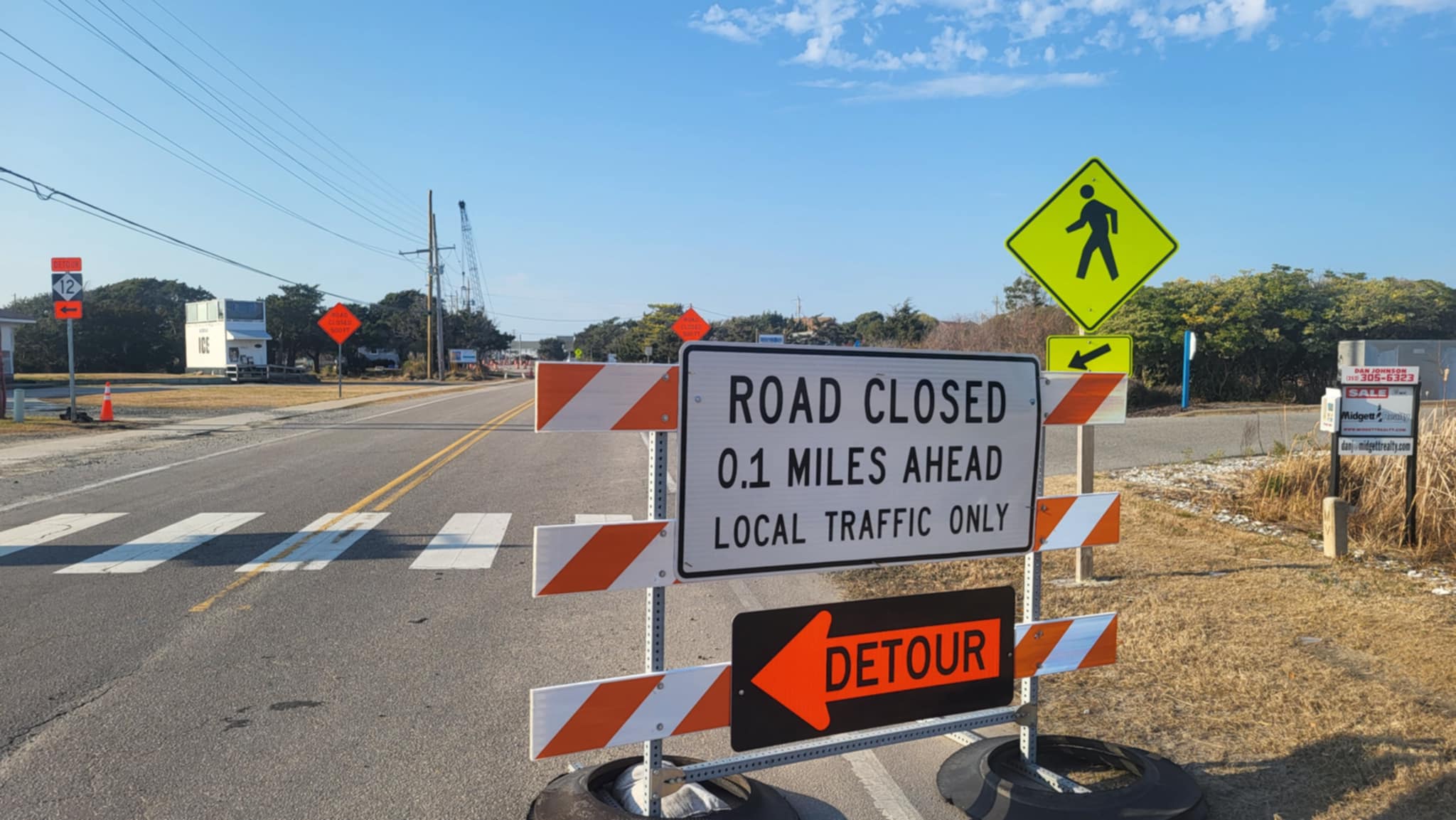
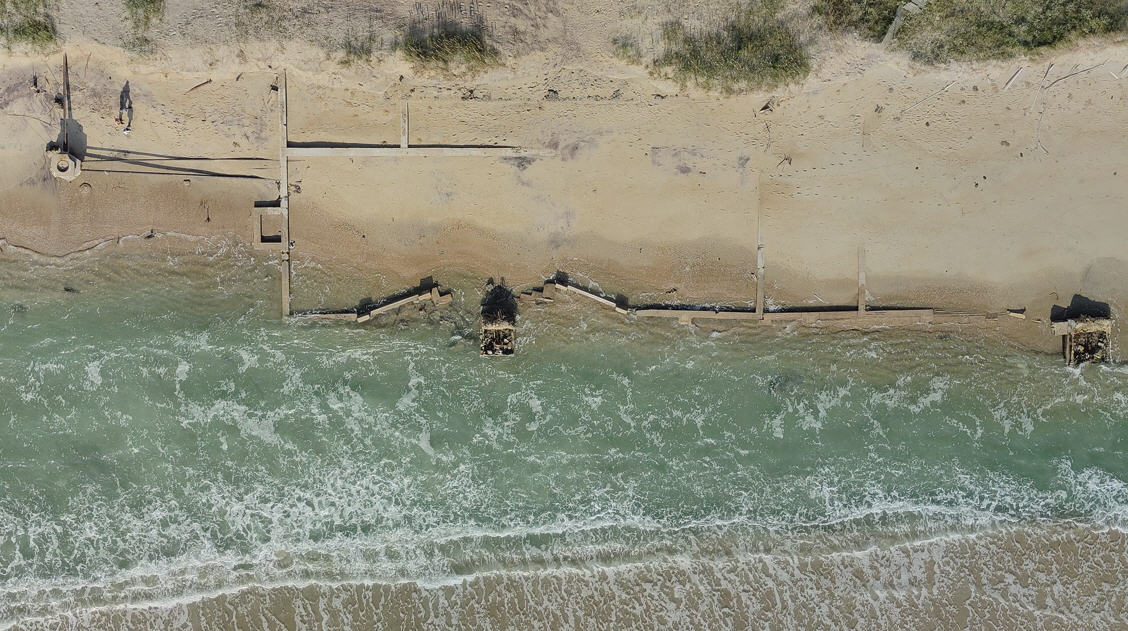
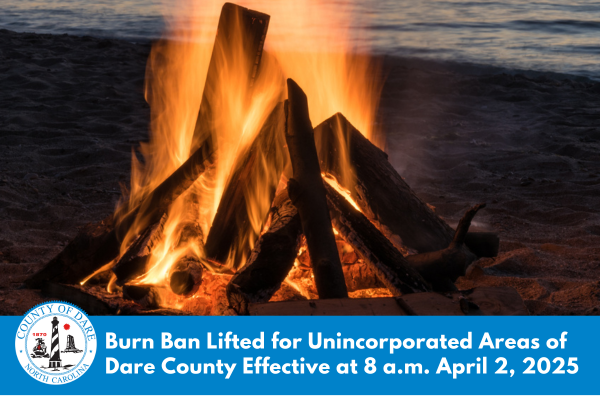


Dare County has 10 cases of COVID-19? How could this be when everyone thought that merely barring non-residents would protect everyone from the disease? Could it be that depriving non-residents legal access to their property while allowing residents to freely come and go on and off the island was short-sighted ? Certainly Dare County thought it had a right to limit access under the concept of “Police Power,” [which gives government entities the power to exercise reasonable control over persons and property within its jurisdiction in the interest of the general security, HEALTH, SAFETY, morals, and welfare] yet it appears that implementing this “power” was ultimately not executed in the best interests of the health and safety of residents since they were allowed to come and to freely to shop and work in the Tidewater area where the disease had already taken hold weeks before. The order banning non-resident owners access was discriminatory in nature and served no other purpose than to deprive them of legal access to their property without valid justification. Furthermore the argument that the little local (20-bed) hospital in Nags Head could not support an influx of non-residents was also invalid, since it is commonly known by non-residents and residents alike that any and all medical treatment (even something as simple kidney stones) requires a trip to a hospital in the Tidewater area under normal circumstances.